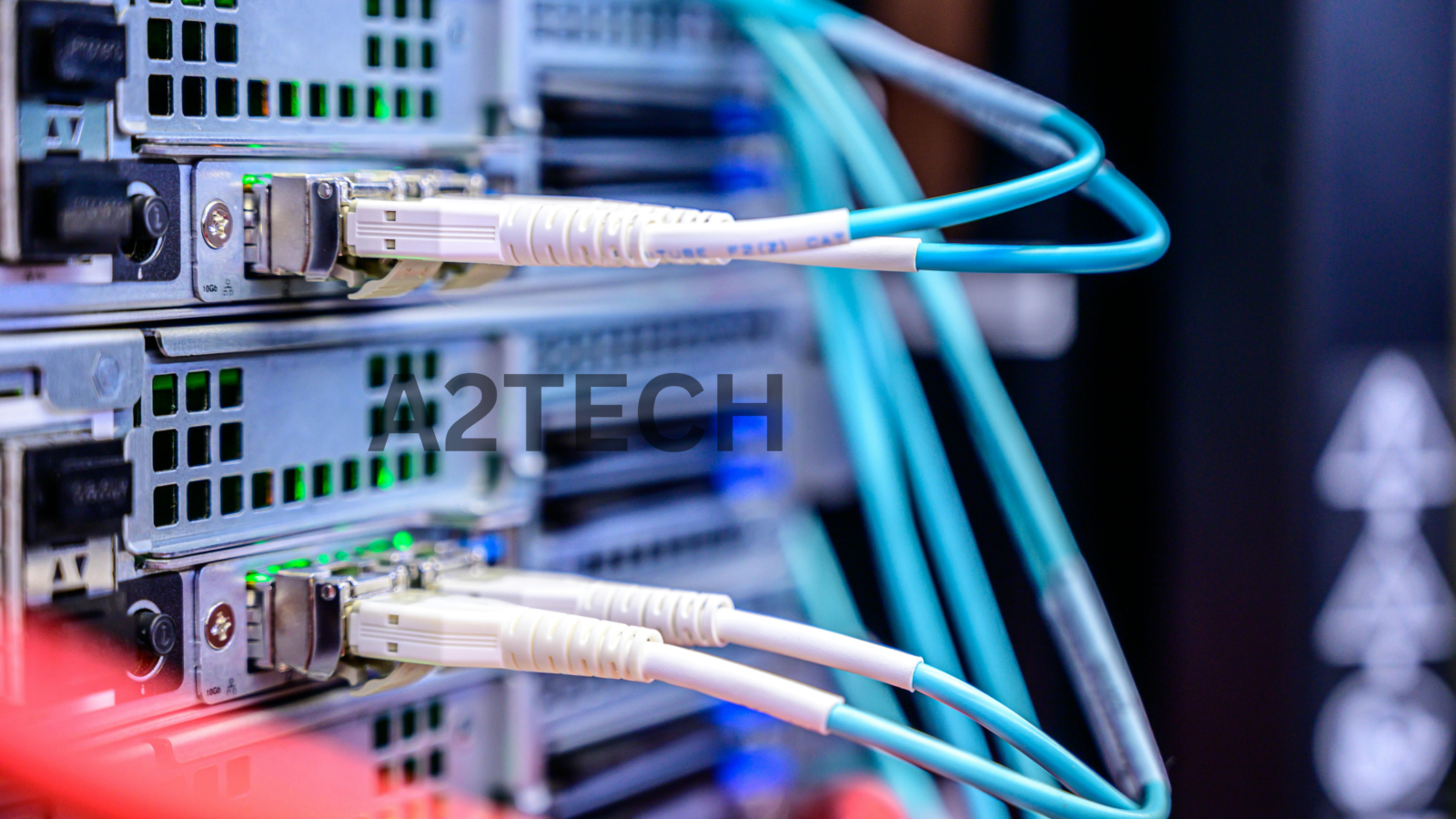In today’s digital age, a robust networking infrastructure is the backbone of any successful business. Whether you’re a small startup or a large corporation, having the right networking items can significantly enhance your productivity and security. Here’s a rundown of essential networking items you should consider for your organization.
1. Router
A router is a crucial device that connects your local network to the internet. It directs data traffic, ensuring that information flows smoothly between your devices and the web. When choosing a router, look for one that supports the latest Wi-Fi standards (like Wi-Fi 6) for better speed and efficiency.
2. Switch
A network switch expands your network by connecting multiple devices within the same local area network (LAN). Unlike a router, which connects to the internet, a switch manages data traffic between devices like computers, printers, and servers. Investing in a managed switch can provide advanced features such as traffic monitoring and VLAN support.
3. Firewall
Security is paramount in today’s interconnected world. A firewall acts as a barrier between your internal network and external threats, monitoring incoming and outgoing traffic. A hardware firewall can provide an additional layer of protection compared to software-only solutions, helping to safeguard your sensitive data.
4. Access Points
For larger spaces or areas with many devices, access points extend your Wi-fi coverage, ensuring that every corner of your office has a strong signal. This is particularly important for businesses with remote employees or multiple floors, where a single router may not suffice.
5. Cables and Connectors
While wireless technology is prevalent, having the right cables and connectors is essential for a stable and fast network. Ethernet cables, such as Cat6 or Cat6a, are great for wired connections and can provide higher speeds and better reliability than Wi-Fi.
6. Network Attached Storage (NAS)
A NAS device provides a centralized location for data storage, making it accessible to all authorized users on your network. This is particularly useful for businesses that require collaboration on files and data sharing, offering a secure and efficient way to manage your information.
7. Load Balancer
For businesses with significant online traffic, a load balancer can distribute workloads across multiple servers, ensuring that no single server becomes overwhelmed. This not only improves performance but also enhances redundancy, minimizing downtime.
8. Power over Ethernet (PoE) Switches
PoE switches simplify your network setup by delivering both power and data through a single cable. This is especially beneficial for devices like IP cameras, VoIP phones, and wireless access points, reducing the need for additional power sources.
Conclusion
Investing in the right networking items can enhance your business operations and provide a secure environment for your data. By understanding the essential components of a robust networking infrastructure, you can make informed decisions that will support your organization’s growth and efficiency.
Are you ready to upgrade your networking setup? Contact us today for personalized recommendations tailored to your business needs!

 Cart is empty
Cart is empty 
Leave A Comment